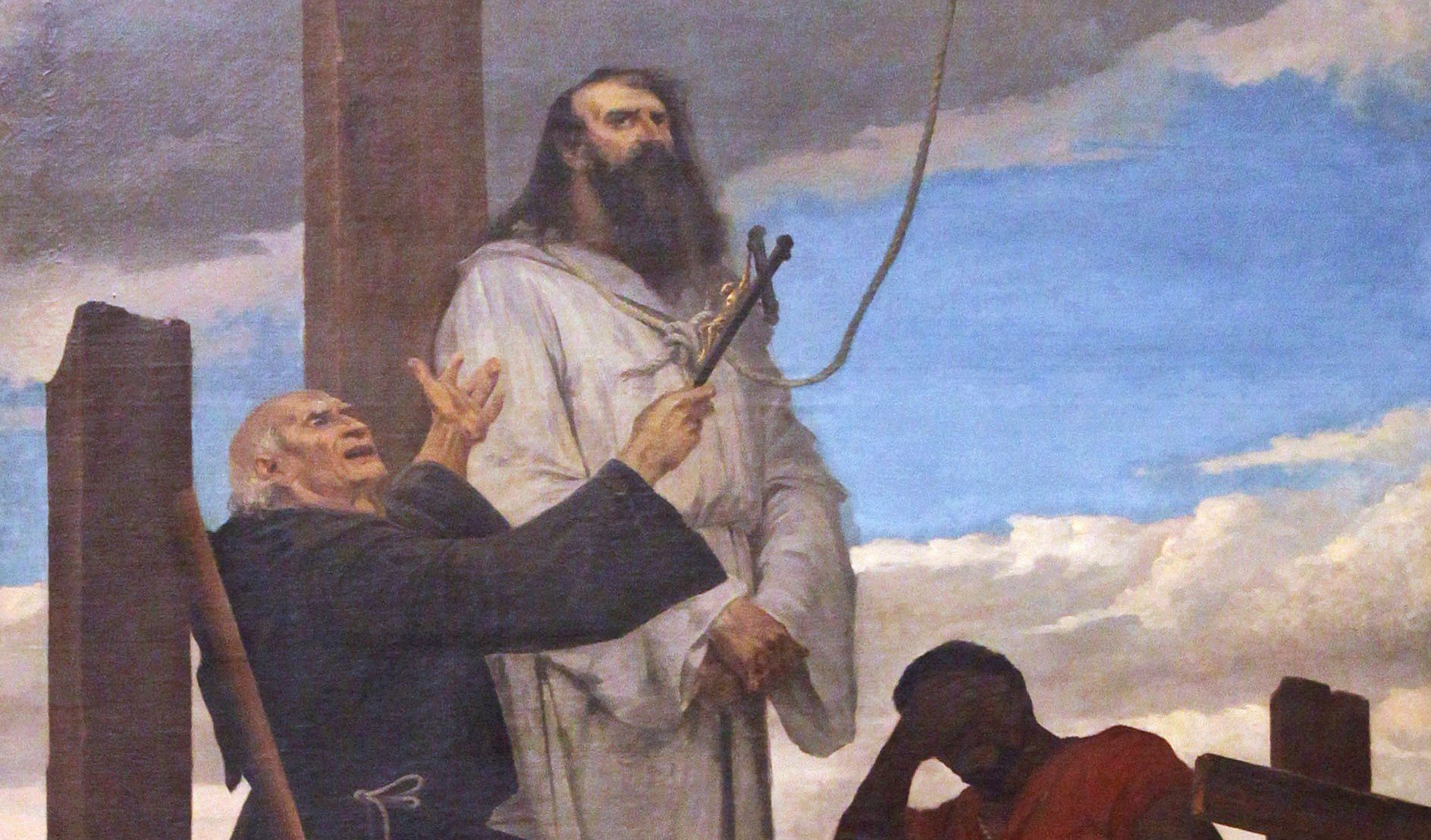ADVERTS
Brazil in the 18th century was undergoing major transformations. The economy of that period, based on ore extraction, brought prosperity to the colony of Portugal. New villages were born, formed by social classes that ascended according to economic practice.
The children of the rich in Brazil went to Europe to study and came into contact with the Enlightenment current, which preached against the Absolutist State and the Church, in addition to defending reason to make man happier.
ADVERTS
Brazil's mining economy weakened in the middle of the 18th century. Portugal increased taxes and intensified inspections to prevent smuggling, which was widely practiced in that period. One of the Portuguese taxes was one hundred arrobas of gold per year, which would have to be handed over to the Portuguese kingdom.
As ore extraction was increasingly complicated, the colonists were unable to match the Portuguese tax. Trying to avoid a decrease in revenue, Portugal tightens the siege against the colonists even further and imposes another tax, called the spill.

Colonists in debt to the Crown could lose their properties and lands, if these were in Portugal's interest. The Portuguese attitude was poorly accepted by the Brazilian community.
ADVERTS
The Enlightenment that immigrated to Brazil through the children of the elite influenced a movement of opposition to the Portuguese Crown.
In the year 1789, intellectuals, workers and artists began to draw up a plan for revolt in Minas Gerais. There was popular support for the movement, as everyone was against Portugal's abusive tax collection.
The best-known names of inconfidentes in history are Tiradentes, Carlos Correia de Toledo, Joaquim Silvério dos Reis and Tomas Antonio Gonzaga. These leaders held numerous meetings to plan and put into practice the action to separate Minas Gerais from Portugal.
The plan would be put into practice in February 1789, the period scheduled for the collection of the surcharge. However, the Portuguese Crown began an investigation and managed to persuade Joaquim Silvério dos Reis, who betrayed his colleagues and exposed the plans in exchange for forgiveness of his debts.
Those involved in the movement were arrested by royal troops, but Portugal was forced to offer freedom to most of them, as they had elite origins. Thus, the only poor person involved and who could assume public responsibility for the activities was Joaquim José da Silva Xavier, known as Tiradentes.
To promote fear among the population and prevent any other separatist movement, Portugal ordered the hanging of Tiradentes and the dismemberment of his body.
Its parts were scattered in the access between Minas Gerais and Rio de Janeiro. In this way, the Inconfidência Mineira was unable to even go into battle against the royal troops.
